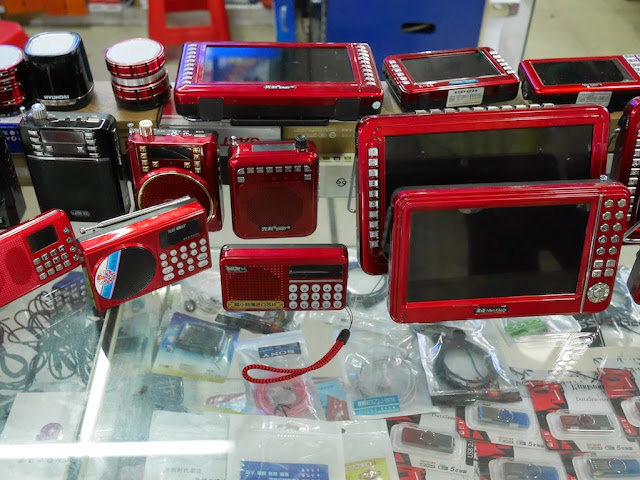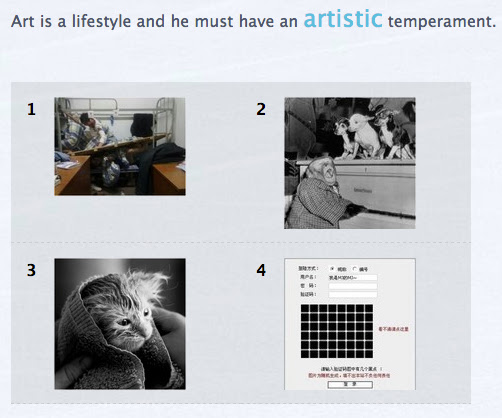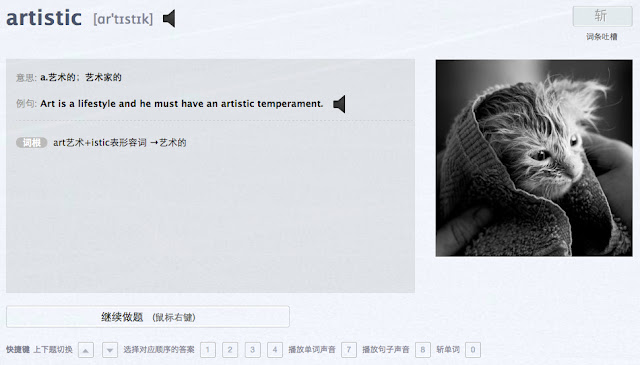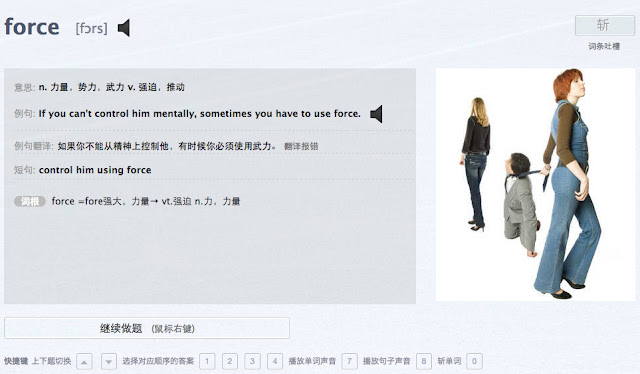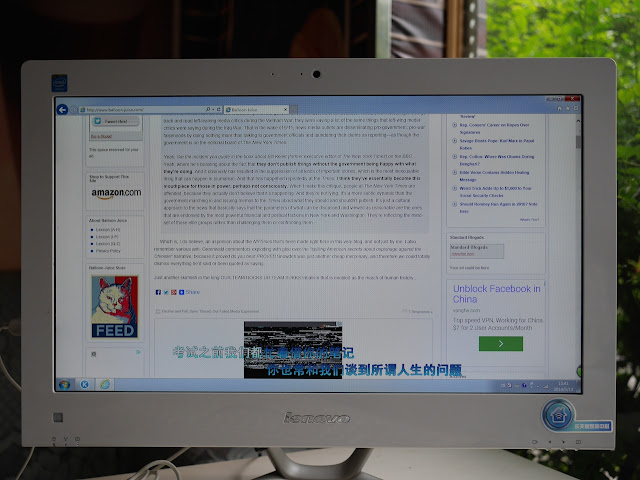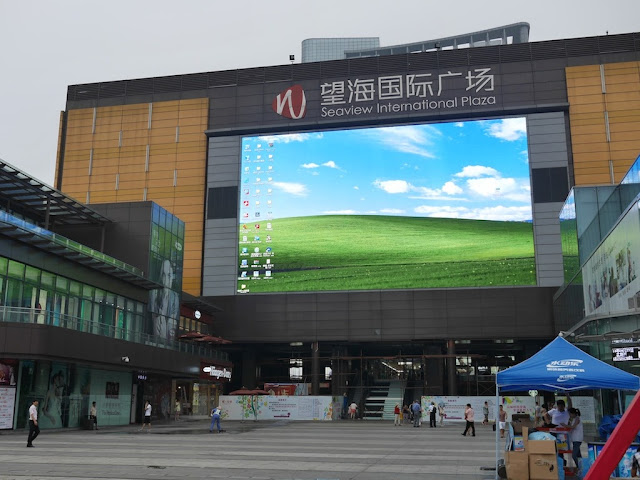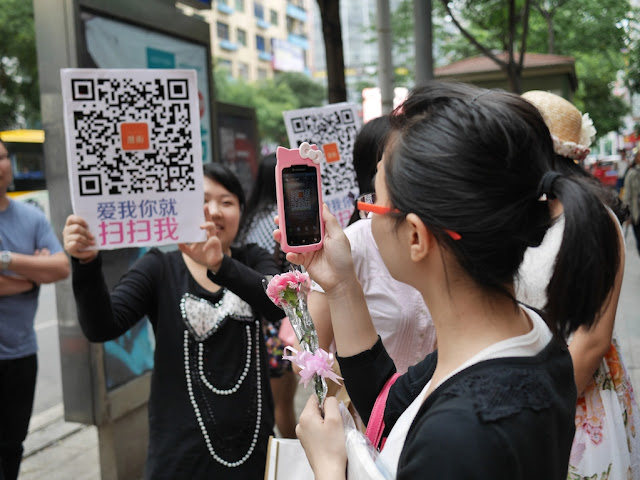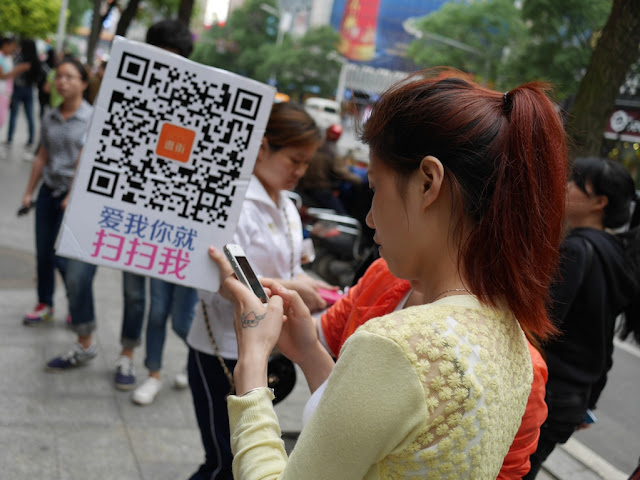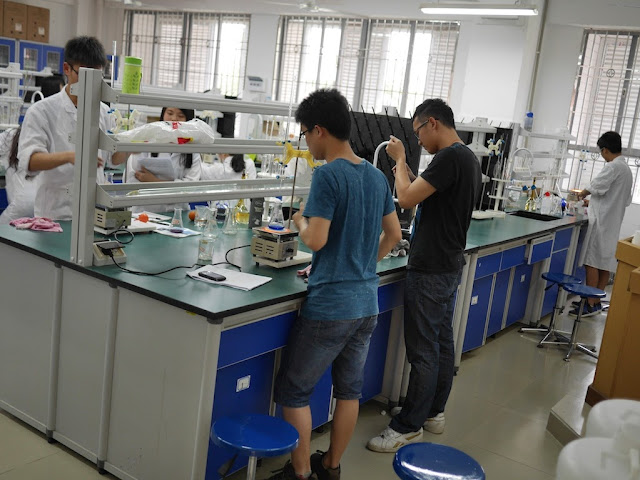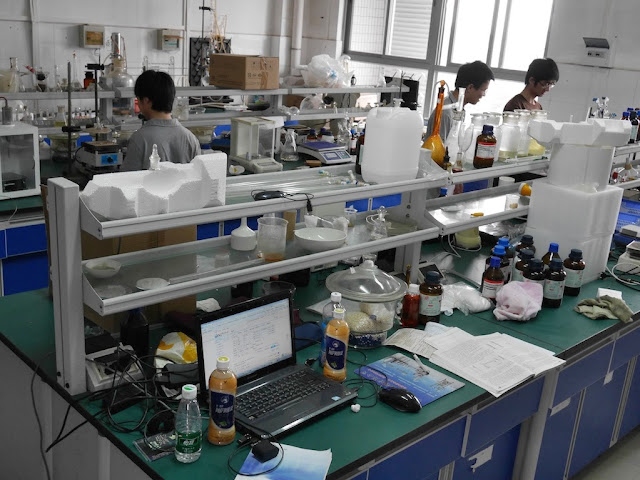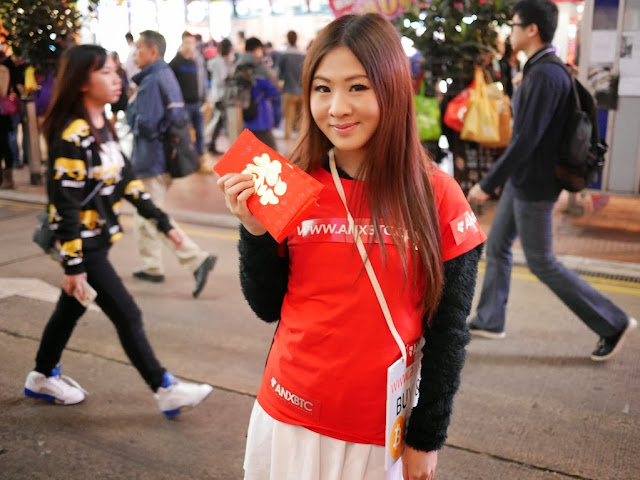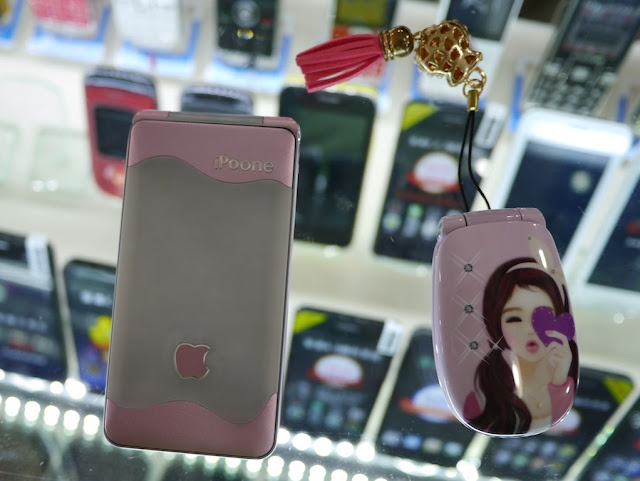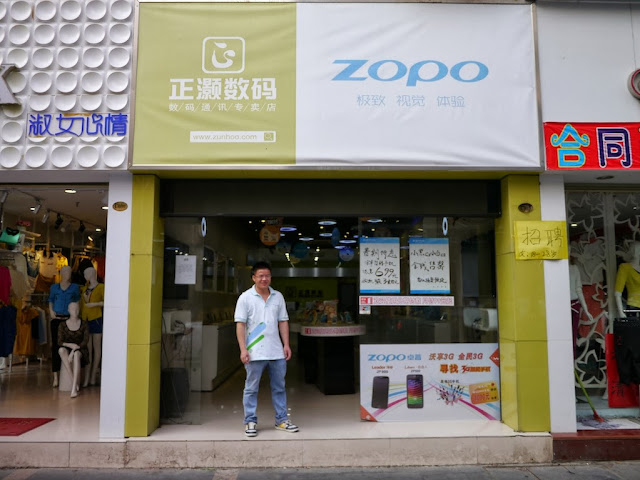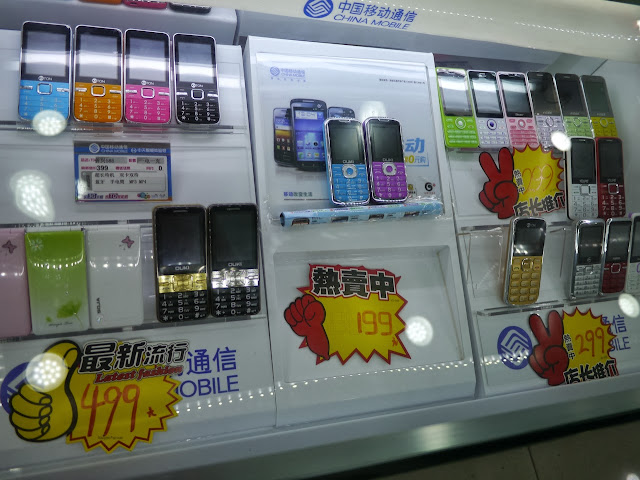Several recent articles about technology in China have caught my eye. Some I hope to comment on next week, but I suspect I wont make it to others. So for four of those, here are links, excerpts, and very brief comments.
1. In an interview Lenovo's Chief Executive Yang Yuanqing commented on their competitors in China's mobile phone market:
2. Market analyst Canalys says that at least in one measure Xiaomi has passed Samsung in China:
3. The profitable e-commerce company Alibaba has made a deal with some luxury brands such as Burberry:
4. In perhaps another sign of pragmatic decisions, Apple is changing how it stores users' data:
And that is all for now.
1. In an interview Lenovo's Chief Executive Yang Yuanqing commented on their competitors in China's mobile phone market:
I would say China is the most competitive market in the world. There are so many local players, and some of them are not logical in how they do business. They don’t want to make money in the short term. We definitely don’t want to lose our leadership position in China, and we must balance growth in market share with profitability.It would be interesting to hear more of Yang's thoughts about the "not logical" local players and their long term potential.
2. Market analyst Canalys says that at least in one measure Xiaomi has passed Samsung in China:
In little over a year, Xiaomi has risen from being a niche player to become the leading smart phone vendor in the world’s largest market, overtaking Samsung in volume terms in Q2. Xiaomi took a 14% share in China, on the back of 240% year-on-year growth. With Lenovo, Yulong, Huawei, BBK, ZTE, OPPO and K-Touch, the eight Chinese vendors in the top 10 together accounted for a total of 70.7 million units and a 65% market share.Though as someone from Lenovo might point out, higher volume doesn't necessarily mean higher profits.
3. The profitable e-commerce company Alibaba has made a deal with some luxury brands such as Burberry:
Like many premium brands, Burberry PLC had been fretting about a flood of discount Burberry products—some of them fakes—on Alibaba's two big marketplaces, which accounted for 80% of China's estimated $300 billion in online shopping last year. Burberry hadn't authorized any of those vendors to sell its goods.Some would say this is the pragmatic side of doing business in China.
Alibaba would do its best to get those products off its sites if Burberry opened its own shop on Alibaba's online mall, Burberry was told, according to people familiar with the talks. Burberry opened a store on Alibaba's Tmall in April.
4. In perhaps another sign of pragmatic decisions, Apple is changing how it stores users' data:
Apple Inc (AAPL.O) has begun keeping the personal data of some Chinese users on servers in mainland China, marking the first time the tech giant is storing user data on Chinese soil . . .The article notes a few issues this change raises, such as data access speeds and privacy. Relevant to these issues is a definition of "some Chinese users" that would indicate exactly who fits into this category. I haven't seen one yet.
The data will be kept on servers provided by China Telecom Corp Ltd (0728.HK), the country's third-largest wireless carrier, Apple said in a statement on Friday.
And that is all for now.


